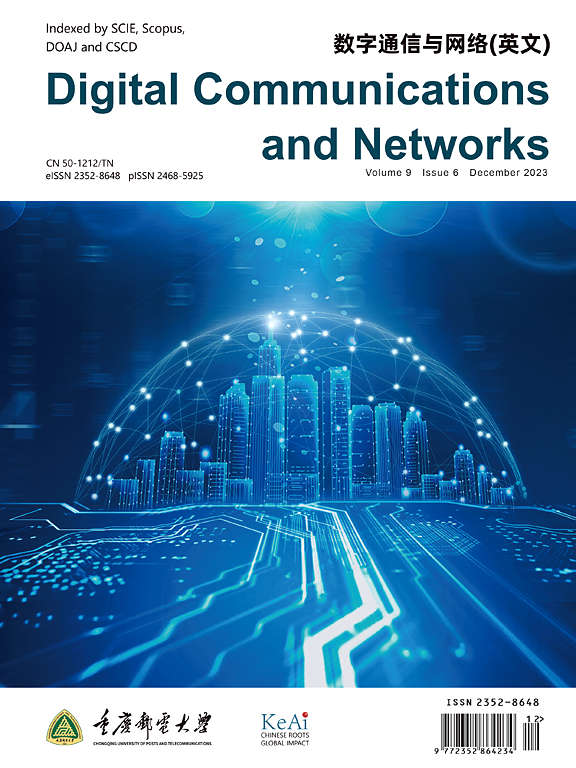Energy-saving control strategy for ultra-dense network base stations based on multi-agent reinforcement learning
IF 7.5
2区 计算机科学
Q1 TELECOMMUNICATIONS
引用次数: 0
Abstract
Aiming at the problem of mobile data traffic surge in 5G networks, this paper proposes an effective solution combining massive multiple-input multiple-output techniques with Ultra-Dense Network (UDN) and focuses on solving the resulting challenge of increased energy consumption. A base station control algorithm based on Multi-Agent Proximity Policy Optimization (MAPPO) is designed. In the constructed 5G UDN model, each base station is considered as an agent, and the MAPPO algorithm enables inter-base station collaboration and interference management to optimize the network performance. To reduce the extra power consumption due to frequent sleep mode switching of base stations, a sleep mode switching decision algorithm is proposed. The algorithm reduces unnecessary power consumption by evaluating the network state similarity and intelligently adjusting the agent's action strategy. Simulation results show that the proposed algorithm reduces the power consumption by 24.61% compared to the no-sleep strategy and further reduces the power consumption by 5.36% compared to the traditional MAPPO algorithm under the premise of guaranteeing the quality of service of users.
基于多智能体强化学习的超密集网络基站节能控制策略
针对5G网络中移动数据流量激增的问题,本文提出了海量多输入多输出技术与超密集网络(Ultra-Dense Network, UDN)相结合的有效解决方案,重点解决由此带来的能耗增加的挑战。设计了一种基于多智能体邻近策略优化(MAPPO)的基站控制算法。在构建的5G UDN模型中,将每个基站视为一个agent,通过MAPPO算法实现基站间协作和干扰管理,优化网络性能。为了减少基站频繁切换休眠模式所带来的额外功耗,提出了一种休眠模式切换决策算法。该算法通过评估网络状态相似度和智能调整agent的动作策略来减少不必要的功耗。仿真结果表明,该算法在保证用户服务质量的前提下,比无睡眠策略功耗降低24.61%,比传统MAPPO算法功耗进一步降低5.36%。
本文章由计算机程序翻译,如有差异,请以英文原文为准。
求助全文
约1分钟内获得全文
求助全文
来源期刊

Digital Communications and Networks
Computer Science-Hardware and Architecture
CiteScore
12.80
自引率
5.10%
发文量
915
审稿时长
30 weeks
期刊介绍:
Digital Communications and Networks is a prestigious journal that emphasizes on communication systems and networks. We publish only top-notch original articles and authoritative reviews, which undergo rigorous peer-review. We are proud to announce that all our articles are fully Open Access and can be accessed on ScienceDirect. Our journal is recognized and indexed by eminent databases such as the Science Citation Index Expanded (SCIE) and Scopus.
In addition to regular articles, we may also consider exceptional conference papers that have been significantly expanded. Furthermore, we periodically release special issues that focus on specific aspects of the field.
In conclusion, Digital Communications and Networks is a leading journal that guarantees exceptional quality and accessibility for researchers and scholars in the field of communication systems and networks.
 求助内容:
求助内容: 应助结果提醒方式:
应助结果提醒方式:


